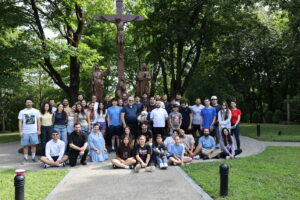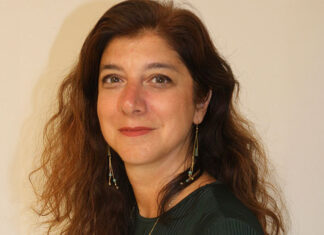By Dr. Pamela Steiner
Dr. Pamela Steiner gave the following speech at Hebrew University on April 22, in Jerusalem, at a program commemorating the Armenian Genocide. It has been shortened for space.
For me, this event is the culmination of nearly three years of varied negotiations over the publication in Hebrew of the important book by Henry Morgenthau, my remarkable great-grandfather. I warmly thank the organizers of this event as well as those who generously helped in different ways. They include five individuals who are present, Prof. Bedross Der Matossian and Prof. Reuven Amitai, and, in the audience, Ariela Bairey Benishay and Yona and Uri Shamir. Each person’s support has given me the privilege of speaking about Morgenthau’s witness of the Armenian genocide, Israel’s silence on the topic, and why it all matters.
Morgenthau as Principled, Strategic, Non-Secular Humanitarian
Morgenthau was a principled and strategic political actor. As well as supporting people whatever their ethnicity, he stood against inhumanity and corruption. Armenians worldwide rightly honor him. Morgenthau was principled but not a pacifist. He returned to the United States from his ambassadorial post in Turkey in part to convince President Wilson to bring the United States into World War I.








